Here’s Why Peptides Deserve To Be Part Of Your Skin Care Routine
Our skincare regime is very similar to a bank account and good product choices are good investments!
Bet you've tried many skincare products and with new products dropping within the market as fast as viral social media videos, it is very difficult to remain on top of all the foremost recent and greatest skin-improving formulas.
This article is here to assist you to chop through the nonsense with one among the ingredients that you just can create space for in your routine: peptides.
So What Are Peptides?
Peptides are protein particles, made up of amino acids of their own. When amino acids are mixed in certain formulations, they produce certain peptides (and there are hundreds of peptides) and when peptides are produced in a certain way, they create specific proteins. A peptide can be defined as a chain of amino acids ( two or more)
The proteins are the essential building blocks of the skin. They make your skin good and radiant. Without peptides, the skin will not stay intact and result in wrinkle formation, loss of firmness, sagging of skin, shift in appearance, and a skin that doesn't heal anymore as it earlier did.
Extensive research has demonstrated an interesting fact about peptides that each one of them acts in a particular way to meet the exact need for the skin. They also teach the skin to do what is required to help revitalize these building blocks, which revive the aging of the skin.
Advantages Of Using Peptides:
In addition to the anti-aging effects of peptides, peptides have three primary cosmetic functions:

They communicate between skin cells. This may not sound exciting, but contact is important for every skin cell to do its job properly, and for all skin cells to work together to support themselves.
Also, they activate wound healing. Peptides can promote the healing properties of the skin when the skin is harmed by external factors. Often skin damage can not be seen by the eye, so it is a good idea to require the healing benefits of peptides. Being a part of this, peptides protect against harmful growth factors and have antimicrobial properties that protect against invasive bacteria and fungi.
Furthermore, they provide skin structure. As your skin ages, it loses its texture, elasticity, and firmness, and these peptides are responsible for keeping the collagen of the skin together, thus, giving it a structure. Otherwise, the skin shall experience wrinkles, fine lines, and even sagging.
These three are the major advantages but it doesn't end there. They cause a domino effect and hence increase collagen synthesis, hydrate your skin, reduce photoaging, smooth wrinkles, increase firmness, strengthen your skin, and improve texture.
Pros And Cons Of Using Peptides
Owing to their role in helping to strengthen essential proteins in the skin, peptides are powerful anti-aging ingredients that must be included in your skincare regimen. Because there are so many different peptides, having them incorporated into one product will allow you to target a variety of different signs of aging as well as reinforce the barrier functions of your skin.
However, if peptides are not properly stored, they can be vulnerable to degradation from light and air.
There are so many different forms of peptide so that you should be aware that some can irritate some types of skin. Do your research before purchasing peptide-infused to avoid any reactions, before you use a new product on your skin is always recommended.
Types of Peptides and How to Spot Peptides them on Ingredient Labels:
As you know, there are hundreds of different peptides, many of which have different functions and benefits but there are five major types of peptides used as skin-care actives: signaling peptides, carrier peptides, enzyme-inhibiting peptides, neurotransmitter-inhibiting peptides, and antimicrobial peptides.
When trying to seek out a product containing Peptides, you must inquire for their names as mentioned above or rummage around for words ending in “peptide” or beginning with “palmitoyl" as some products may even contain several combinations of peptides that employ together.
You also find prefixes like -di, -tri, -Hexa, -oligo which describe what percentage of amino acids compose the peptide. Also, peptides, which describe their chemical activity, may be classified as copper peptides and neuropeptides.
About Choosing Peptide Products
There are so many peptide-containing items on the market that it can be hard to know where to start. Here's how to buy peptides:

Choose the right form. You're going to want to select a product like a serum or a moisturizer that has sustained contact with your skin. A cleanser, for example, won't be as successful as it's rinsed off.
Choose the other ingredients carefully. Peptides perform well in combination with other ingredients, including vitamin C, niacinamide (but do not use niacinamide and vitamin C together!), antioxidants, and hyaluronic acids.
To be safe, peptides must be stabilized in hydrating cream (without water) or serum so that they do not break down. The formula cannot be too strong, as small molecules are required to reach the surface of the skin. Peptides play well with a certain serum to manage and treat the fine lines and the lack of laxity.
Look at the label. You want to see peptides identified near the top of the list of ingredients, preferably. It can also be referred to as "palmitoyl."
How To Use Peptides?
To start reaping the benefits of peptides, apply the peptide infused moisturizer after washing your face in the morning and at night. Use a circular motion to gently massage the skin until it is completely absorbed.
If you're trying to add peptides to your nighttime routine without taking an extra measure, use it in a cream. An important thing to keep in mind is Peptides are not recommended to be used concurrently with AHA-acids (acid pH is undesirable for peptides) and peeling should be performed before peptide use.
What Change Can You Expect From Using Peptides In Your Skincare?
Although several marketers boast the Botox-like benefits of peptides for their skin, the reality is, that's just not true. Peptides cannot completely remove under-eye bags, fill lips, or lift brows.
What you can expect from the regular use of peptides for your skin is the gradual firming and smoothing of your skin as it becomes tauter and more elastic. Evidence supporting the link between peptide skincare and the development of natural peptides for skin by your body is very overwhelming. If you're interested in preserving a safe, smooth complexion, consider how peptide treatment can benefit.
The Final Thoughts
The peptides perform incredibly well for our skin because they're already familiar to our body. When we reintroduce the right peptides, we can reap their benefits and maintain our buoyant and brilliant skin.
As long as you choose peptide skincare items marketed by reputable skincare firms, it's unlikely that you just will encounter any major side effects. As always, as for any skincare product, it is important to be selective about the products you wish to include in your skincare routine.
Identify your particular skin type and your skin goals to recognize which peptides can better help you and which peptide-infused skincare products function best for you.



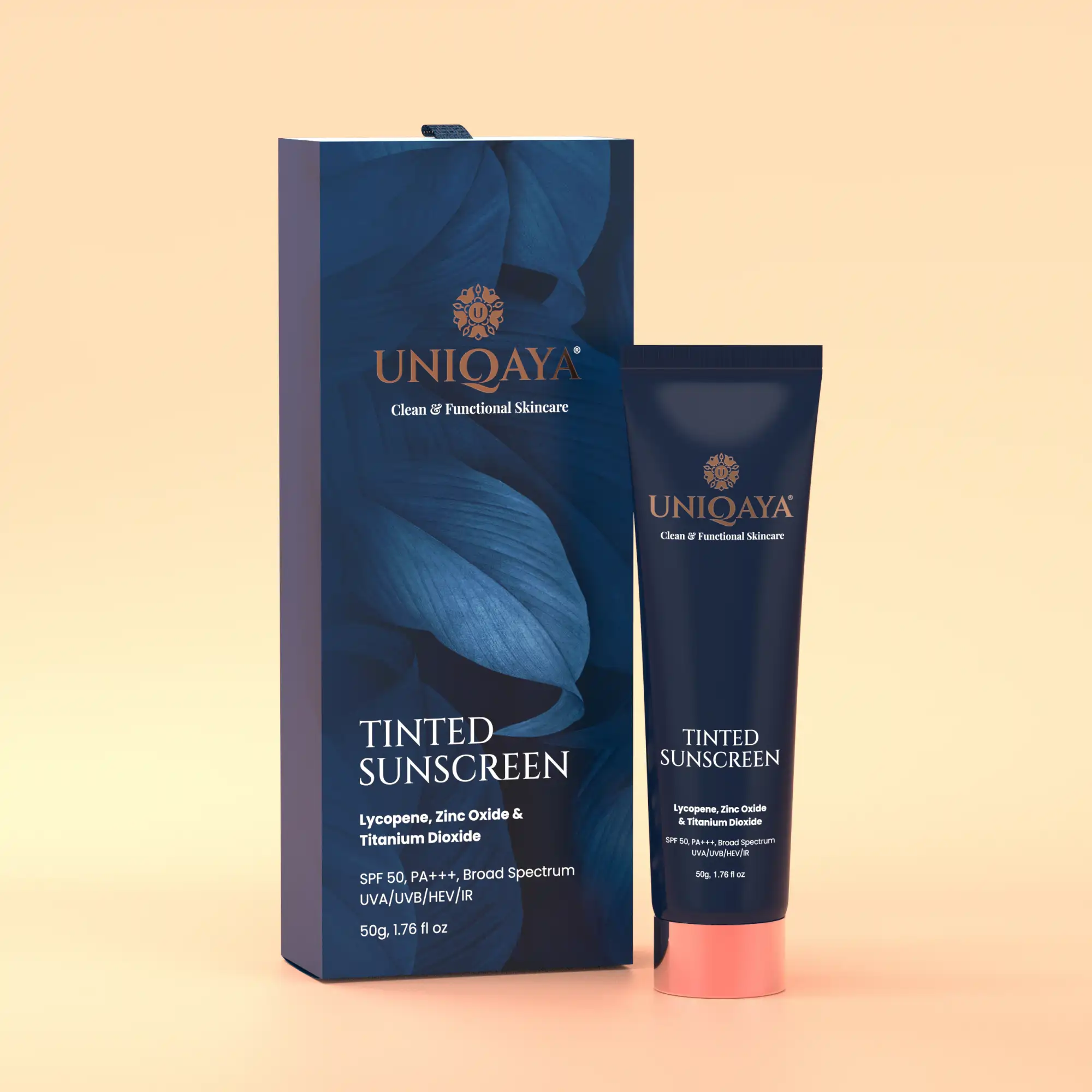
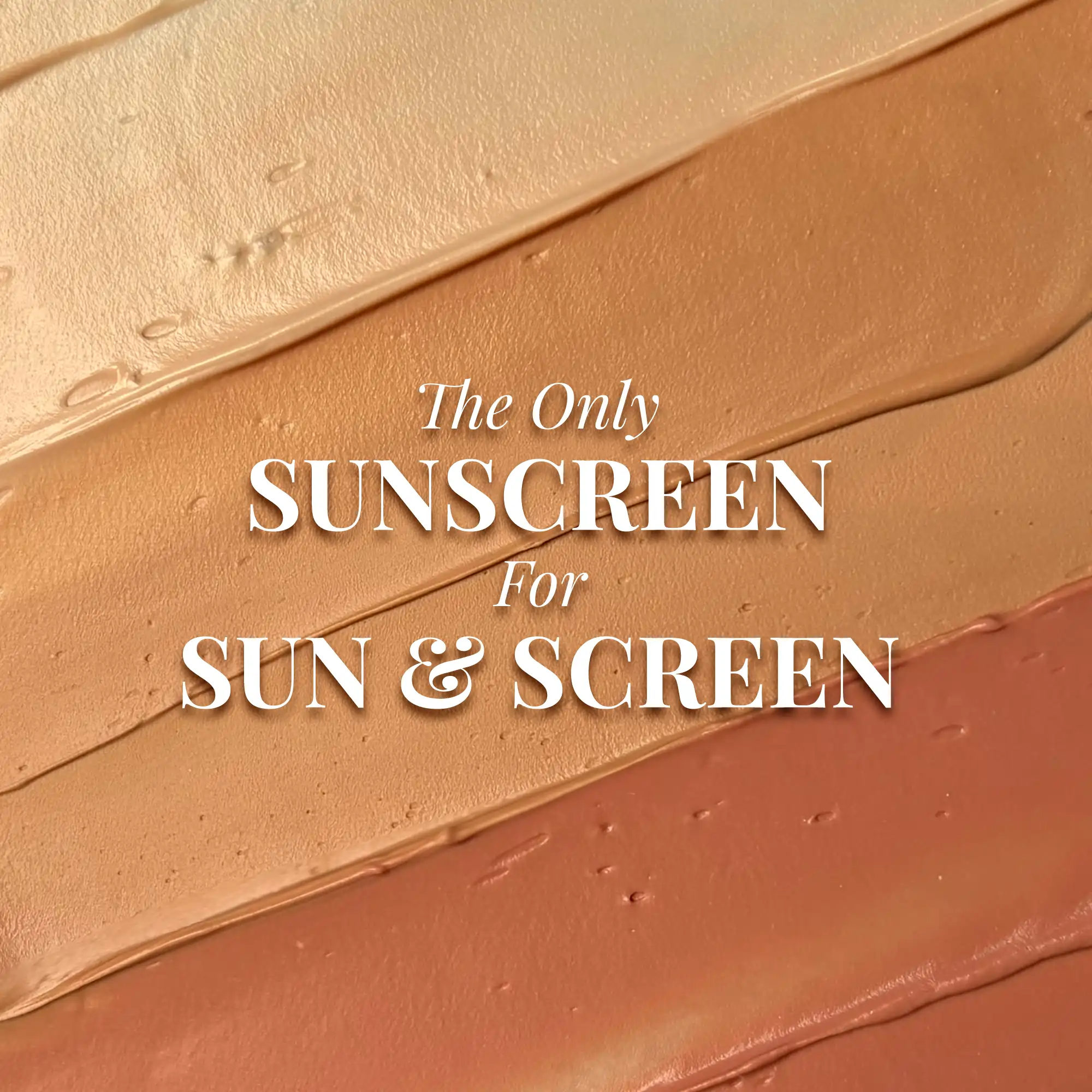
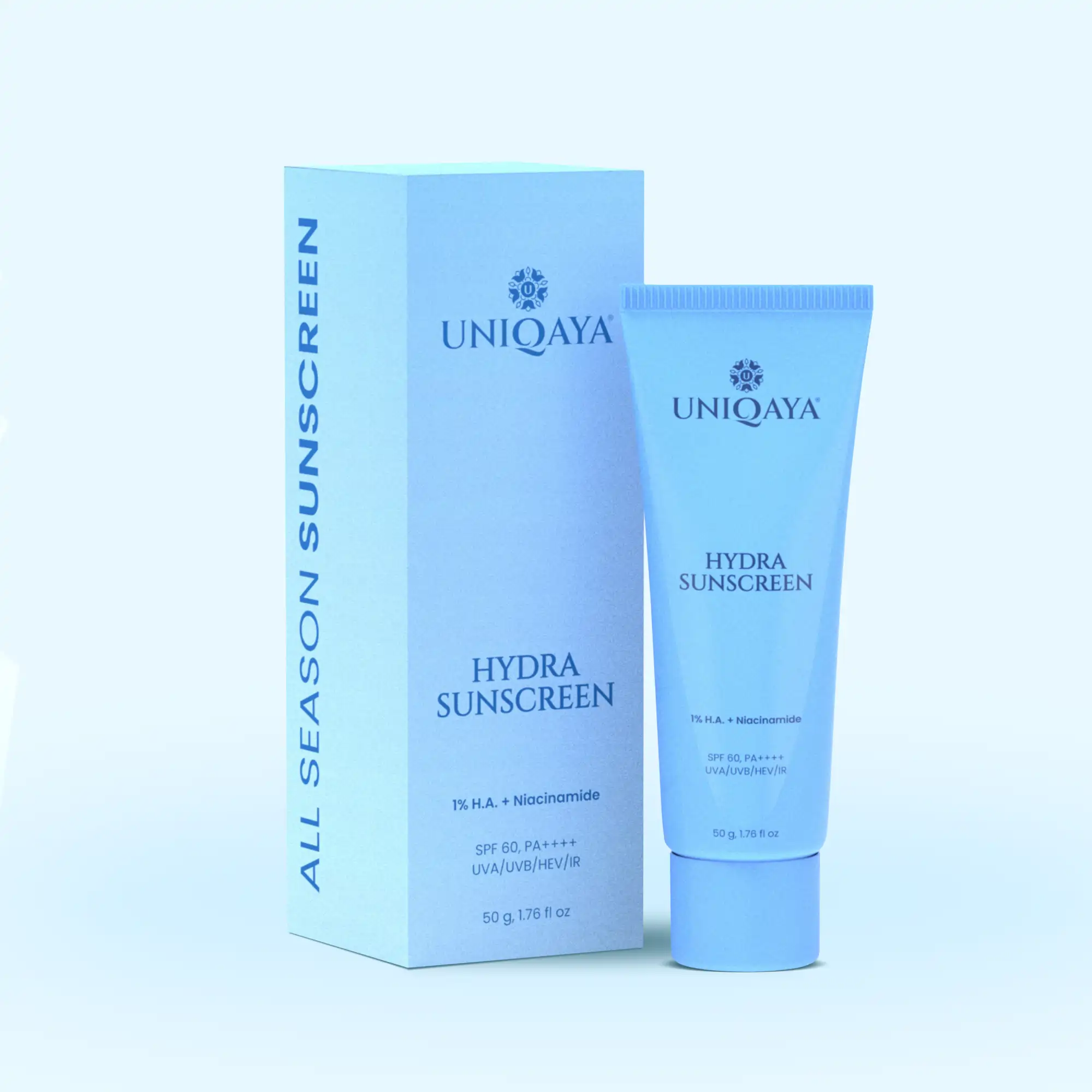

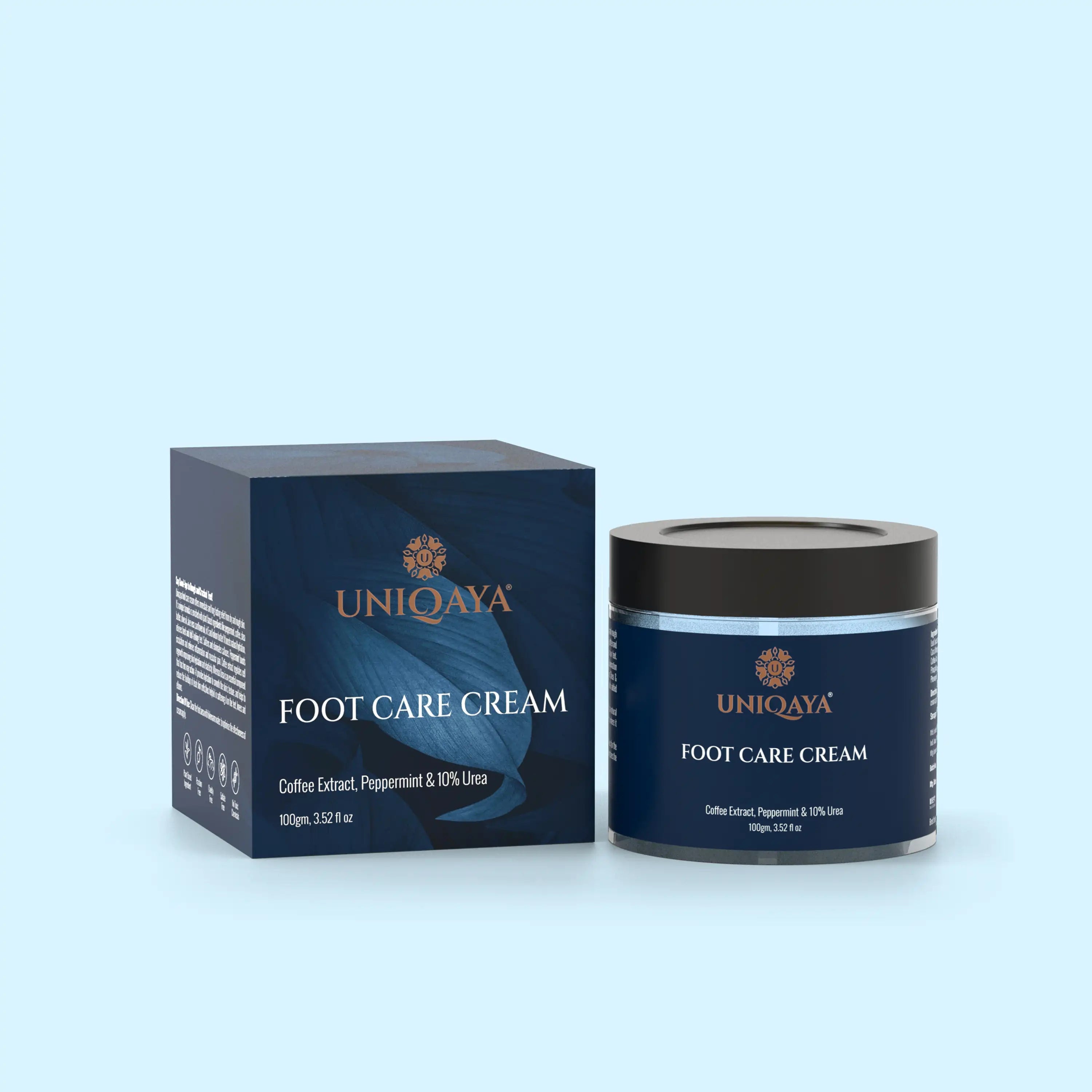
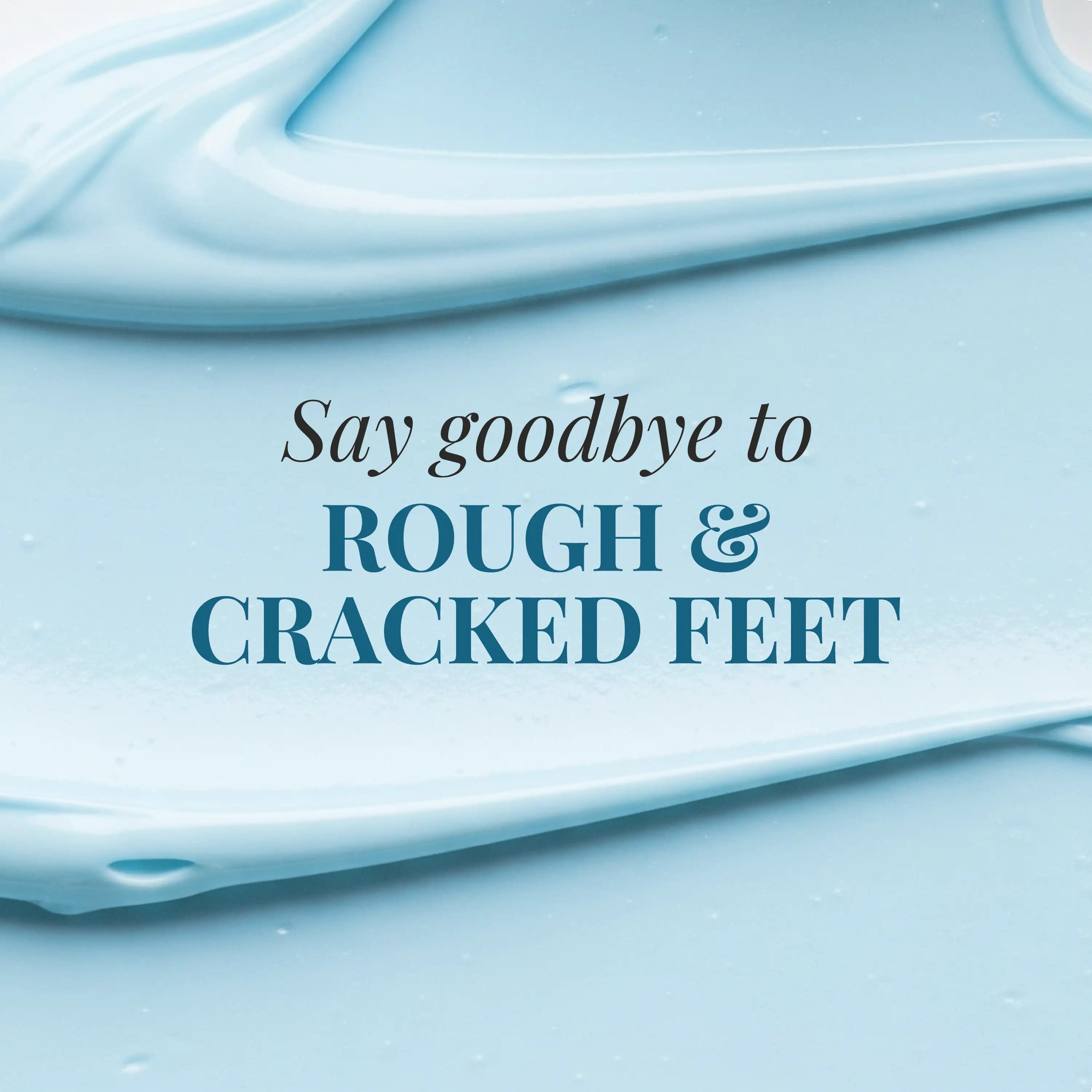
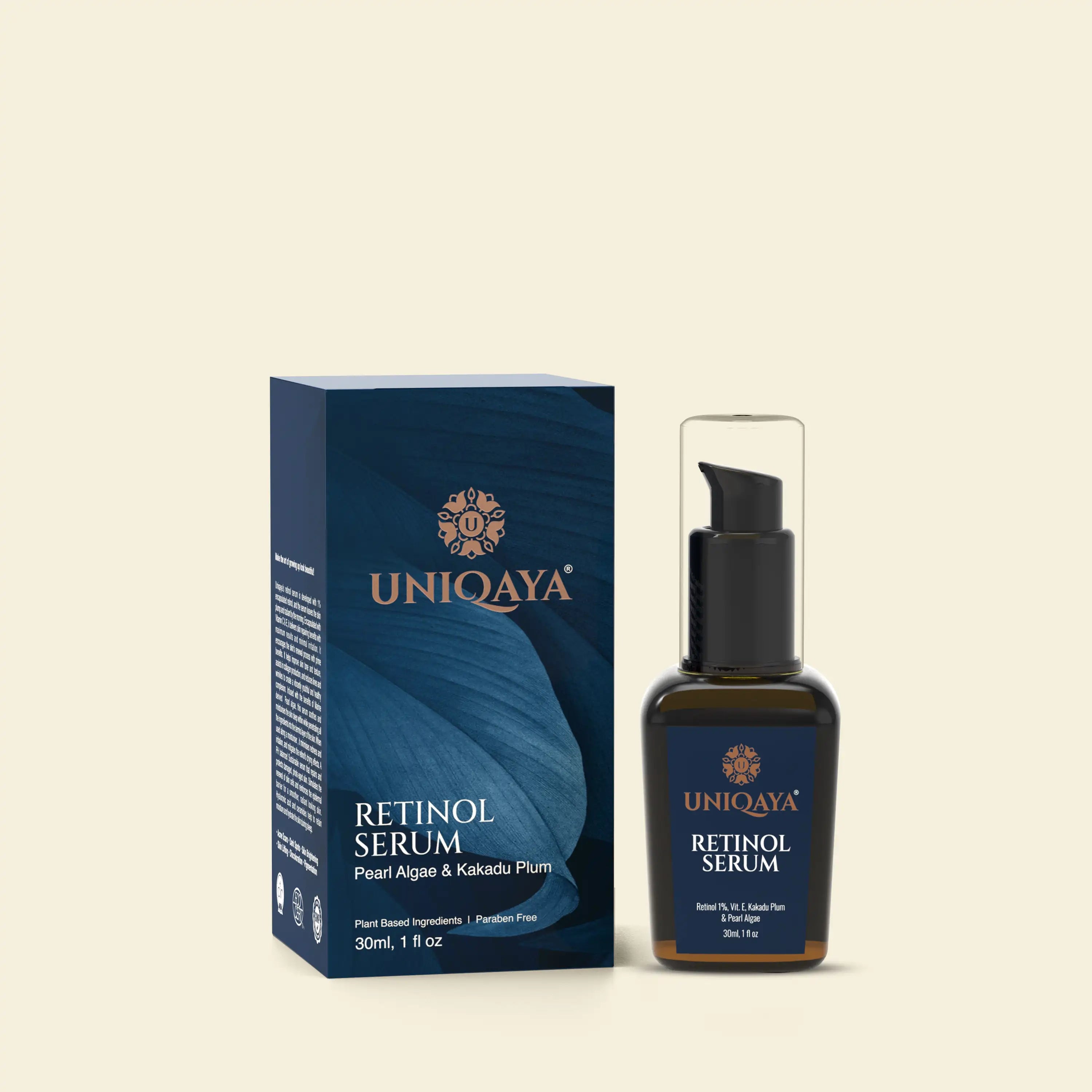
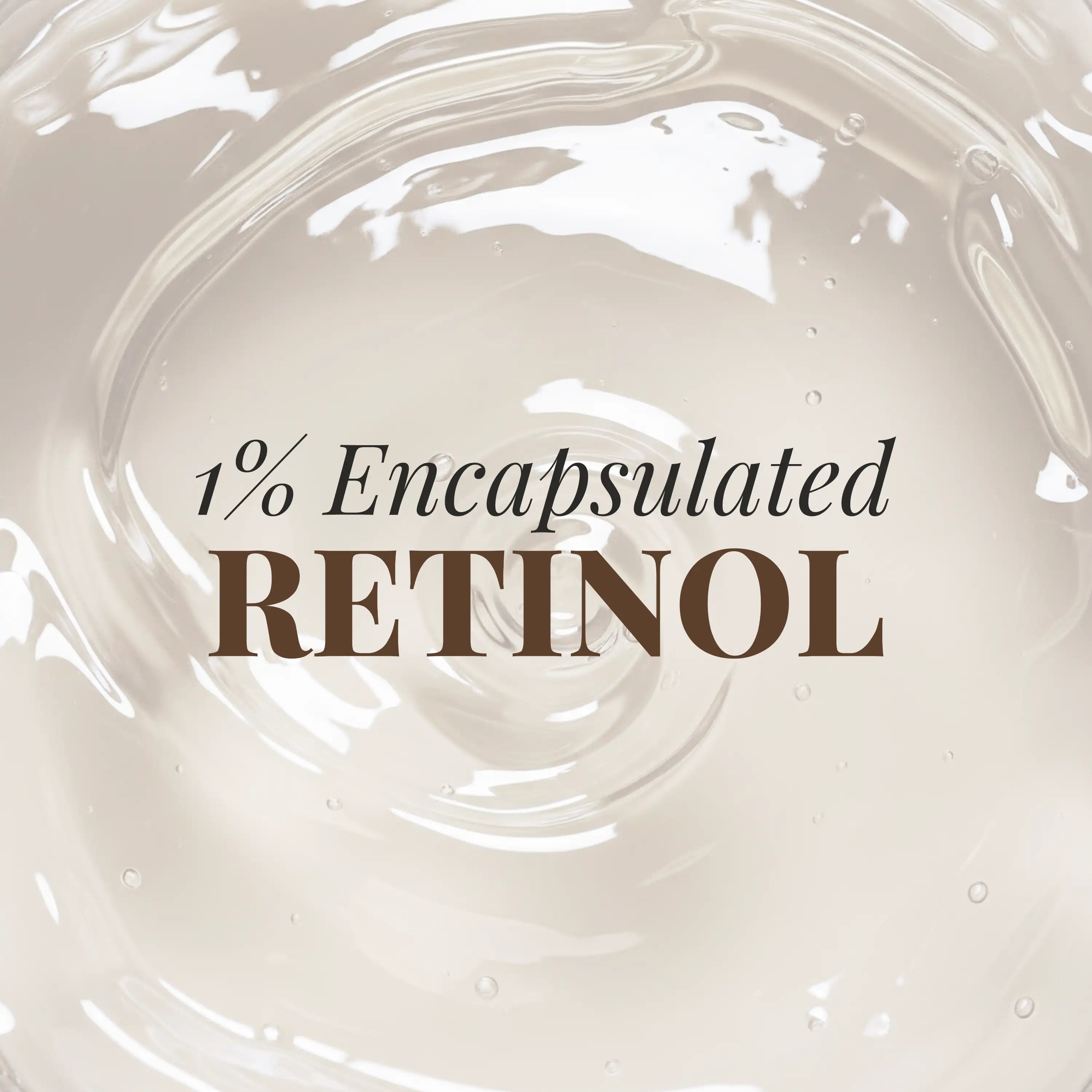
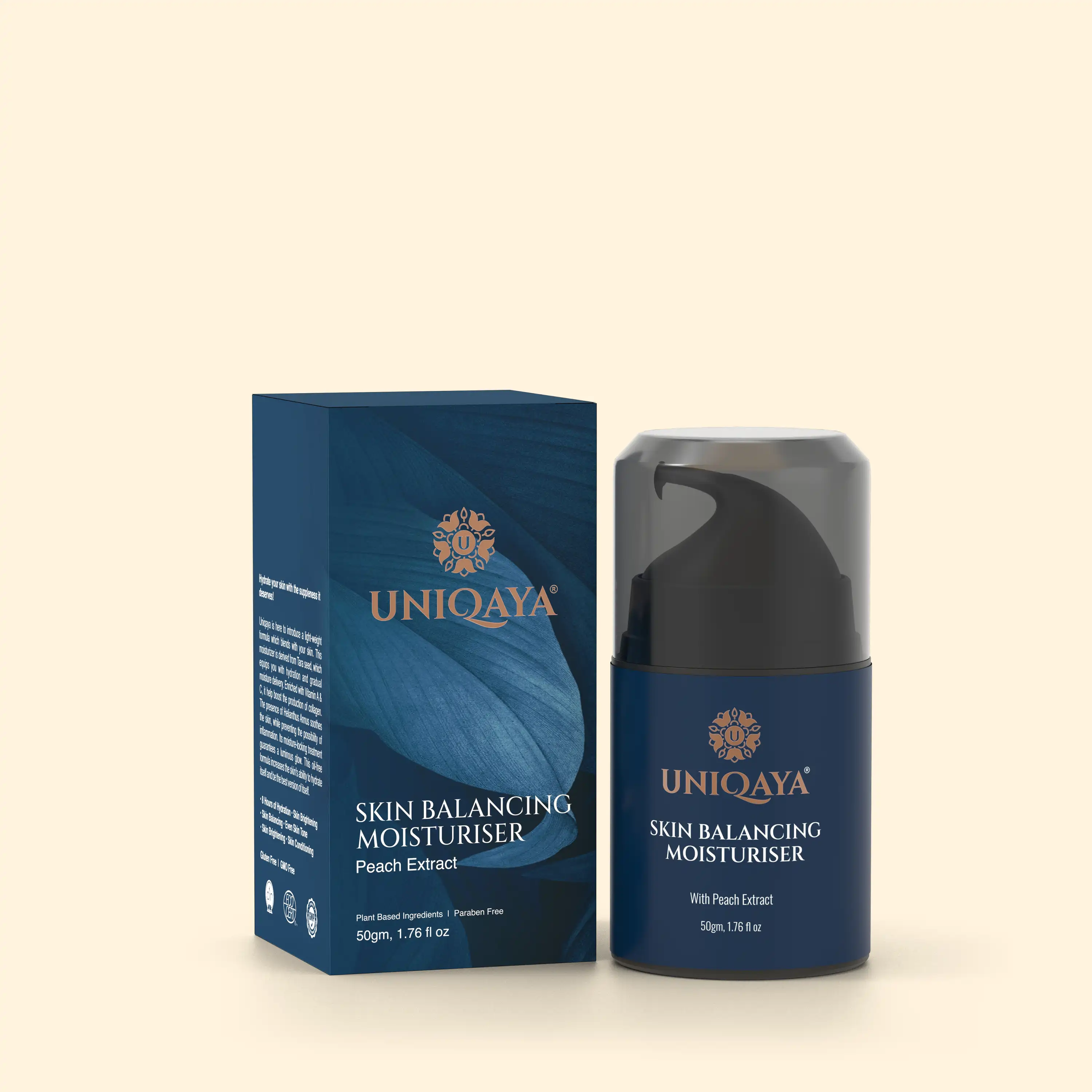
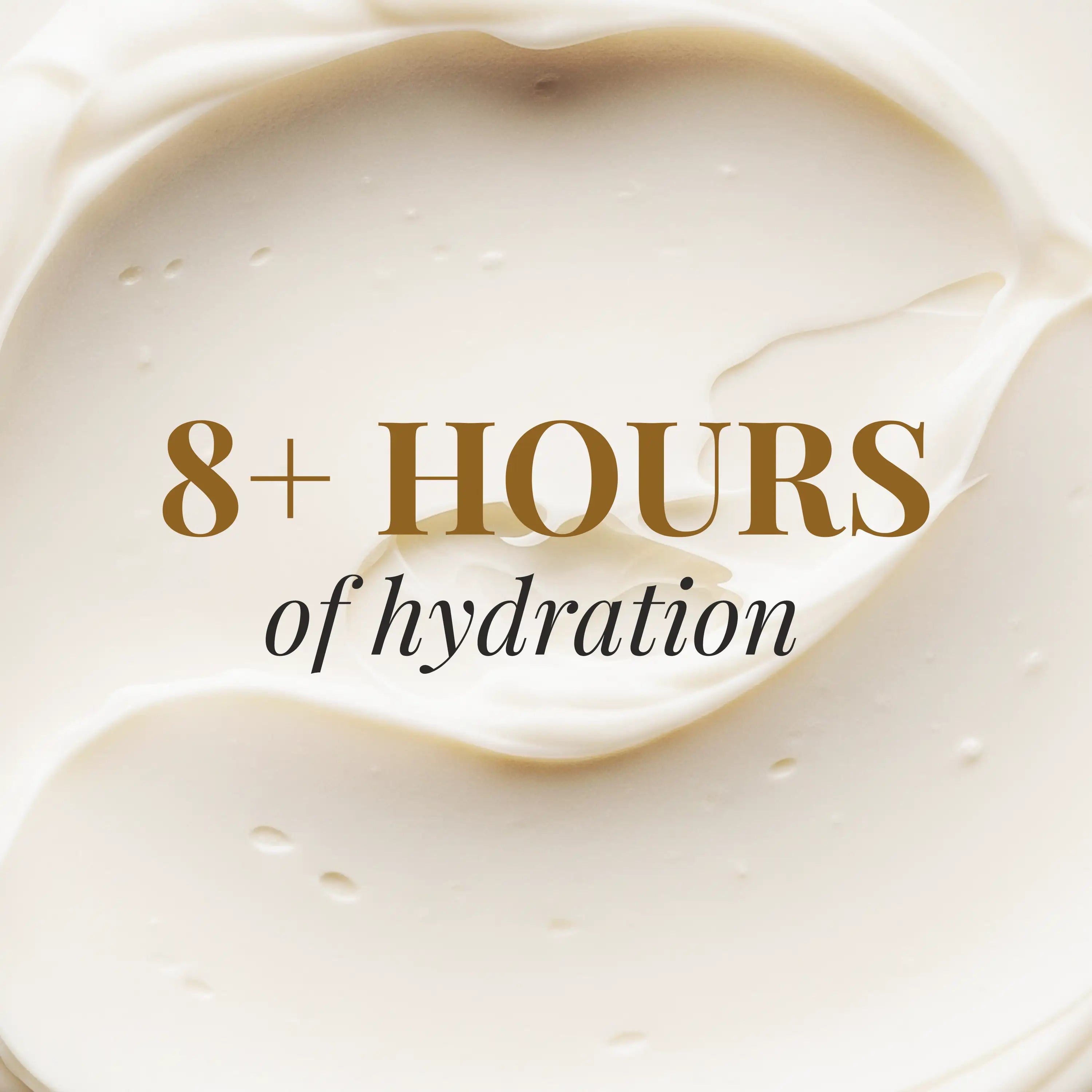
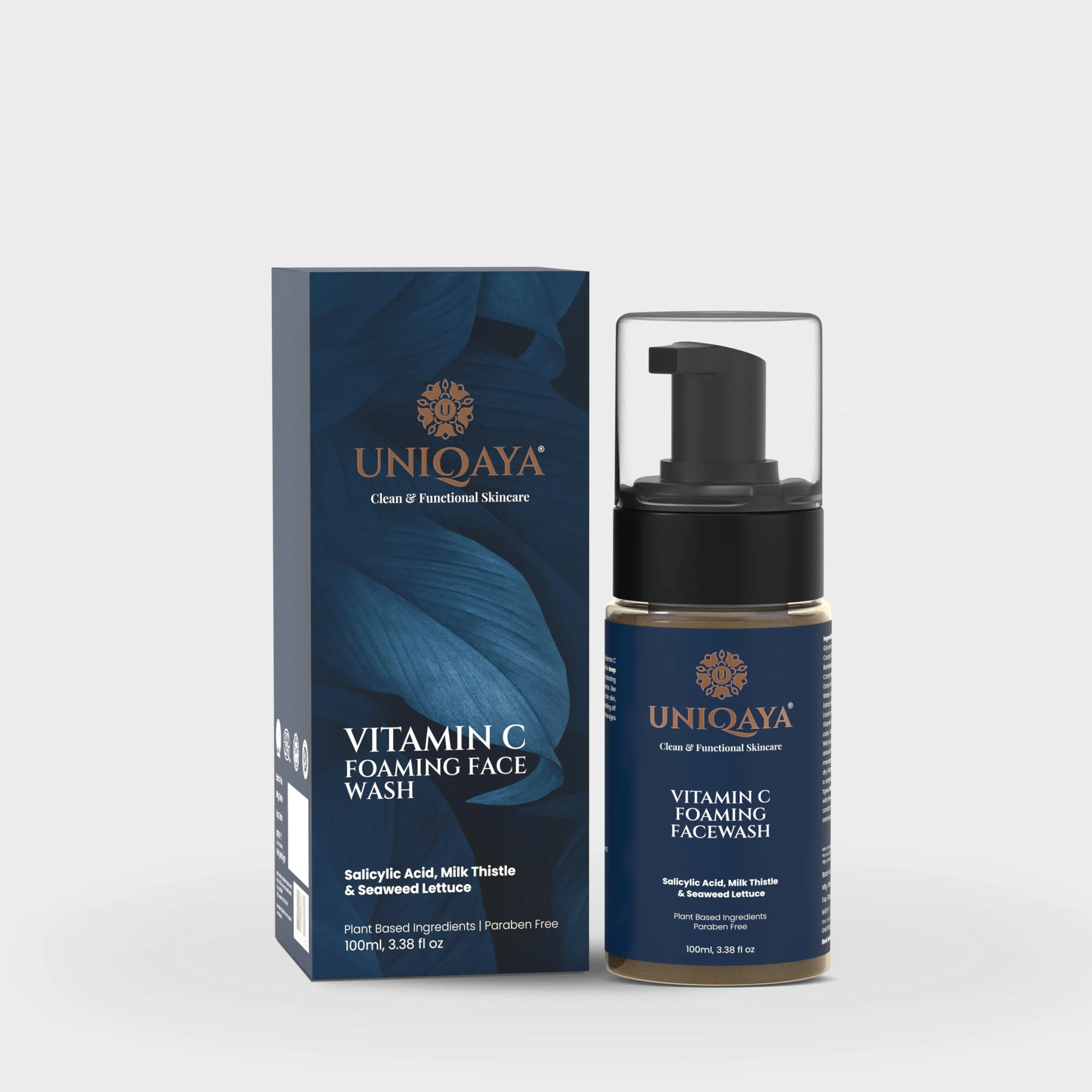
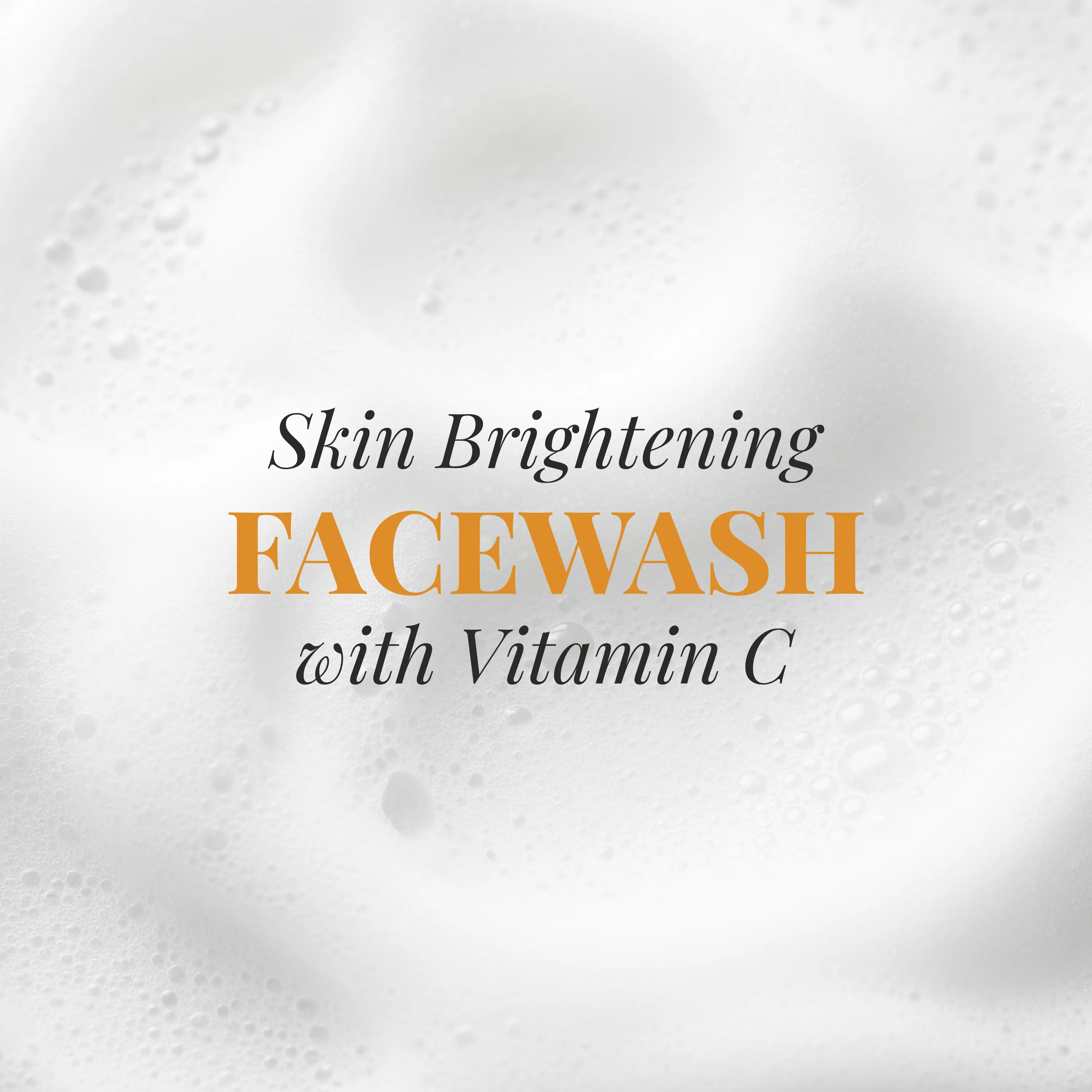
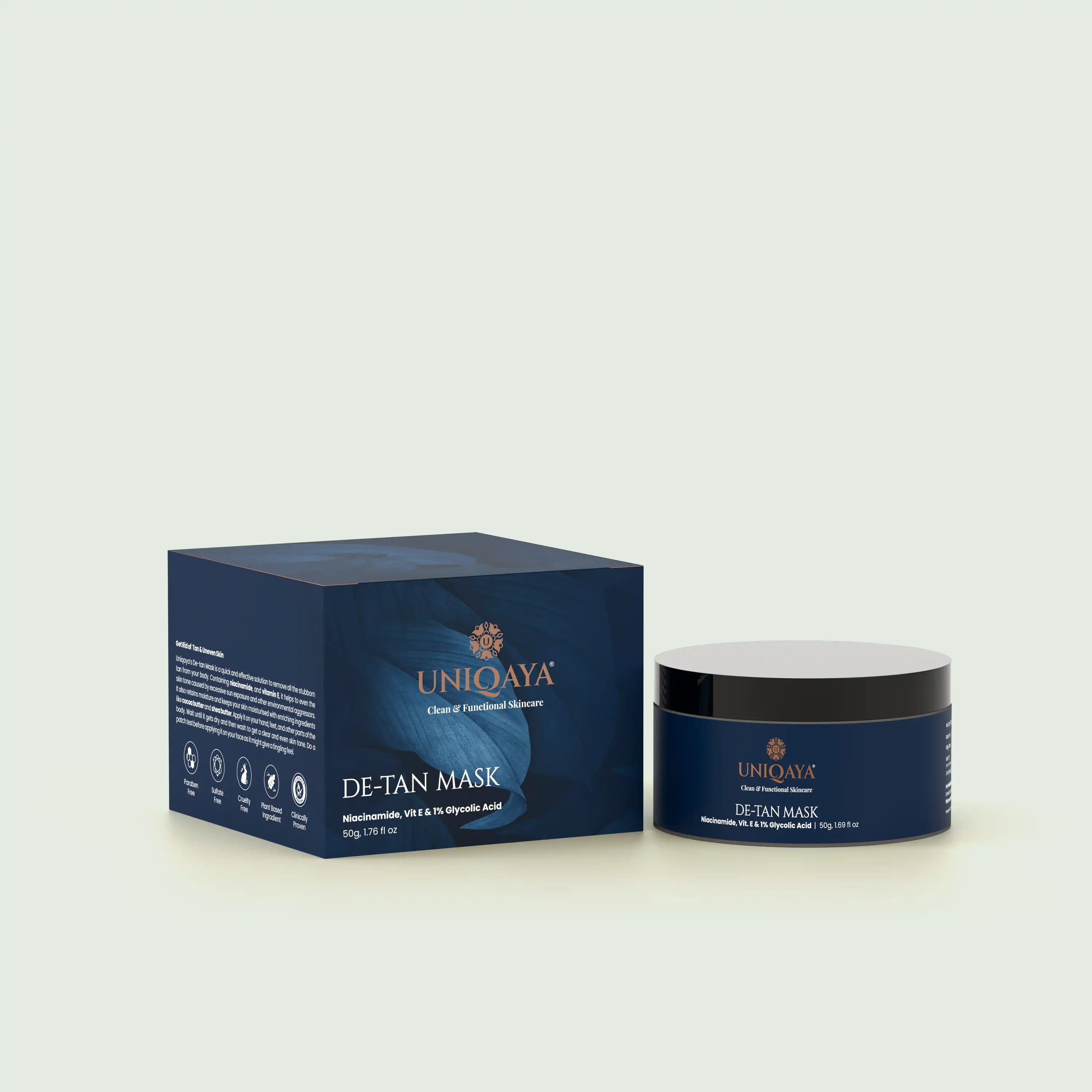
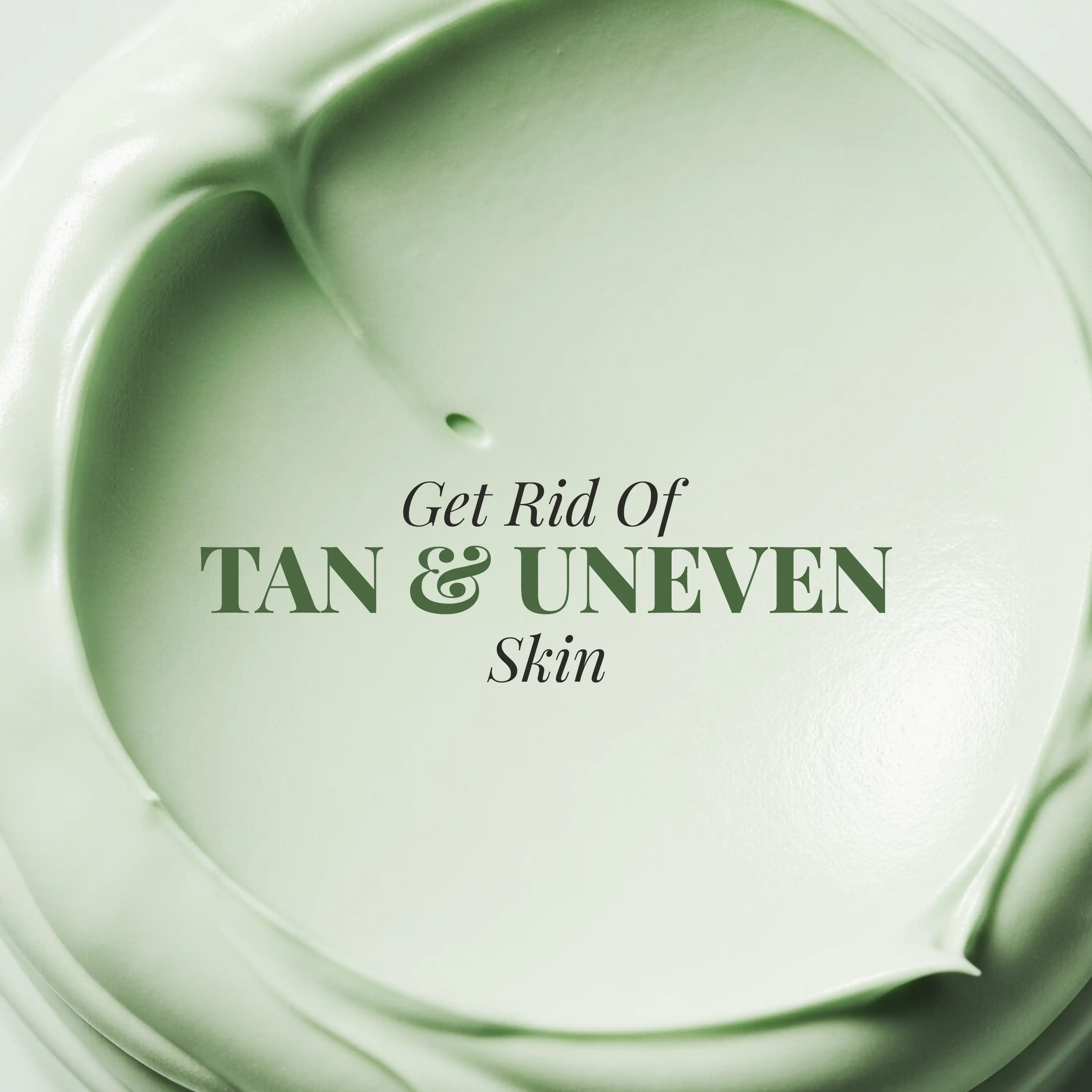
Thanks for mentioning that peptides must be stabilized before they can be safe to use in skincare. My daughter is going to esthetician school right now and she can’t stop talking about the benefits of peptides. I think it would be worth it to try out a few of the products she recommended to see if they’re good. https://maximpeptide.com/peptides/
Leave a comment